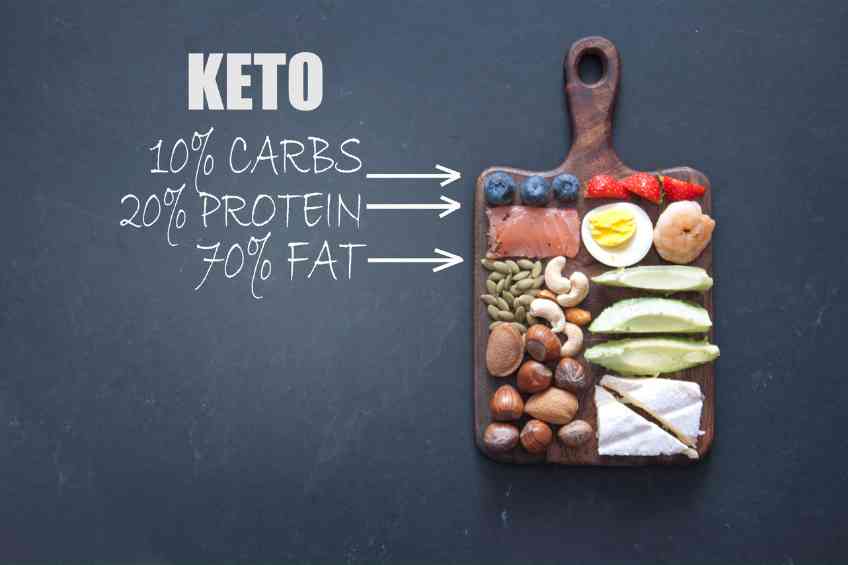By John Salak –
Proponents of the keto and paleo diets may want to sit down before reading on. A study of popular diets eaten by Americans found that these two regimes scored among the lowest on overall nutrition quality and the highest on related carbon emissions.
The findings are a big tummy ache for millions courtesy of Tulane University. The keto diet has high fat and low carbs and is widely popular.
Bodyketosis.com, which tracks keto-related stats, estimates about 13 million Americans follow this approach. Paleosafe.org, a corresponding group for those on the paleo diet, reports that at any one time, one to three million Americans are on this plan.
Popularity, however, doesn’t equate to nutritional value or minimal environmental impact, at least according to Tulane.
Its research team claims that keto nutrition generates almost 3 kg of carbon dioxide for every 1,000 calories consumed. The paleo diet, which recommends ditching grains and beans in favor of meats, nuts and vegetables, faired even worse. It received the next lowest diet quality score and had a high carbon footprint, at 2.6 kg of carbon dioxide per 1,000 calories.
Tulane conducted research by compiling diet quality scores using data from more than 16,000 adult diets. Individual diets had point values based on the federal Healthy Eating Index and calculated the average scores for those eating each type of diet. The research then broke new ground by measuring the carbon footprints of each diet and comparing them to other diets.
“We suspected the negative climate impacts because they’re meat-centric, but no one had compared all these diets—as they are chosen by individuals, instead of prescribed by experts— to each other using a common framework,” said Diego Rose, the study’s senior author and a professor and nutrition program director at Tulane
On the good news side, vegan diets had the least impactful on climate, generating 0.7 kg of carbon dioxide per 1,000 calories consumed, which is less than a quarter of the impact of the keto diet. Vegetarian and pescatarian diets followed vegan approaches in terms of climate impact.
The pescatarian diet, which allows fish but no meat, scored highest on nutritional quality, followed by vegetarian and vegan.
The most common nutritional approach, the omnivore diet that includes plants and meats, scored right in the middle of the grouping, which may or may not be comforting to the 86 percent of the survey participants who embrace this feed-all approach.
“Climate change is one of the most pressing problems of our time, and lots of people are interested in moving to a plant-based diet,” Rose said. “Based on our results, that would reduce your footprint and be generally healthy. Our research also shows a way to improve your health and footprint without giving up meat entirely.”













